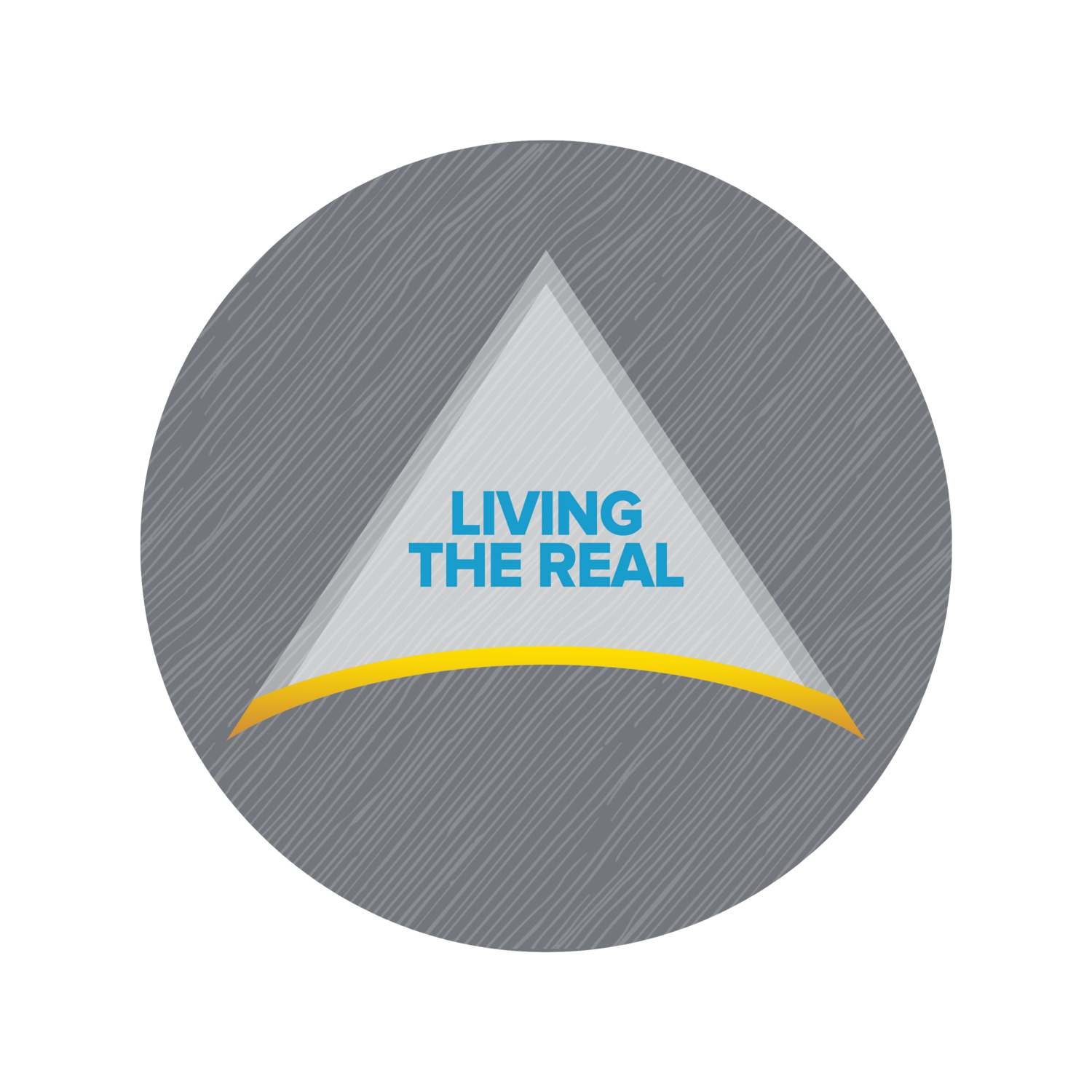Have you ever had one of those days that seemed to start off on the wrong foot? The day turns into a cascading waterfall of one unfortunate event after another. In the end, the best one can hope for is to get through the day, hoping that sleep will reset the clock.
I've definitely been there. Something as simple as waking up late has become a catalyst for a series of aggravating events the rest of the day.
From Misfortune to Fortune
For the longest time, the question I would ask was myself was,"Does misfortune create more misfortune?" It was hard for me to believe the answer could be "yes," but example after example both in my life and in the lives of others seemed to persuade me otherwise. The truth is that neither lucky or unlucky people exist--only people. In fact some of the most successful people in history began their rise to success through a life of disadvantage. Richard Branson's childhood is a perfect example marked by poor academic performance due to his dyslexia.
Living a life of disadvantage conditioned Branson to see obstacles as opportunities. In fact, Branson's Virgin Airlines arose from the ashes of an "unlucky" circumstance. His flight was canceled to Puerto Rico, and instead of following protocol, he purchased a chartered flight, divided the cost by the number of seats, and sold them at $39 a seat to the stranded passengers. The seed was planted for what now is known as Virgin Airlines.
What is unlucky for some, is lucky for the rest. The "luck ones" are lucky insofar as they view obstacles as opportunities, and in the midst of the opportunity, they detach from the emotional baggage of the misfortune.
Obstacles as Opportunities
At the heart of seeing obstacles as opportunities is our mindset. When our response to setbacks is, "Of course this would happen to me," we enter into the world of self-fulfilling prophecy. In only seven words, we strip any potential of growth that lie hidden in the obstacle, forcing ourselves to take on only the negative consequences of the obstacle, filtering out the opportunities. What if Richard Branson entered into self-pity rather than seizing the moment as an opportunity for a creative solution? He just might still be stranded in the airport today. How many of us never even get onto the tarmac of opportunities because of our self-defeating attitude?Ruminating your "Luck" Away
Research on happiness and luck have exploded over the past two decades, and the result has been encouraging for many people who suffer from less than ideal emotional states. For instance, only until recently, the social and psychological sciences largely believed the brain could not be rewired. If trauma occurred as a child, the physiological and chemical effects of that trauma were assumed to be largely a permanent reality. Now, recent research has shown that the brain is much more malleable than originally perceived, and that rewiring is a real possibility. In other words, we have much more control over our own happiness than we once thought. Great news!The same holds for "lucky" and "unlucky" people. Being lucky is much more in our control than originally perceived. For instance, a study examined key differences between unhappy and happy people. One of the most striking differences they discovered was that unlucky people ruminated on their negative experience, whereas happy people quickly detached themselves from the negative emotional state. In fact, they forced naturally happy people to think negatively about their negative experience and the result was happy people quickly turning into unhappy people.
The lesson is that when we ruminate on our negative experiences, we ruminate our "luck" away. With a simple change in perspective, we can easily become those "lucky people" we envy so much. After all, their luck largely comes from their ability to filter out the negative emotion, focusing, rather, on a question like, "What is the opportunity for me in this circumstance?"
The next time you're faced with the temptation to obsess on the unfortunate circumstance in your life, immediately stop what you are doing, and create mental space between the event itself and your response.
Examples of "mental space" activities may include:
- Journal about three things you are thankful for today
- Meditate and/or pray
- Exercise for at least fifteen minutes.
- Listen to calming instrumental music
Do NOT:
- Watch TV
- Check social media
- Play video games
- Eat (unless you are legitimately starving)
- Listen to agitating music
- Drink alcohol, smoke, or engage in any other artificially calming substances.
When you have created the adequate mental space, get out your journal and begin writing the answer to the question, "What is the opportunity for me in this circumstance?" Do not stop until you have been inspired on some level about the possibility of an opportunity awaiting you. Now, determine what is the "next step" to making this opportunity a reality.
Do not be afraid! If what you determined takes more than one step, turn it into a project in your task management system, outline as many steps as possible, and flag this project as a priority. Make daily progress!
Time to leave the gate and get on that tarmac! Good luck ... that is, if you believe in that stuff.

